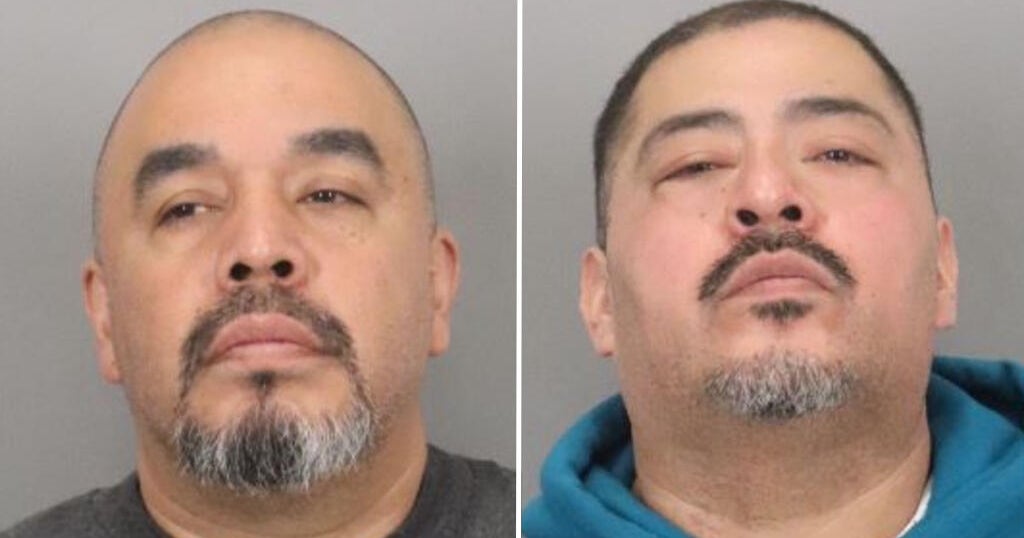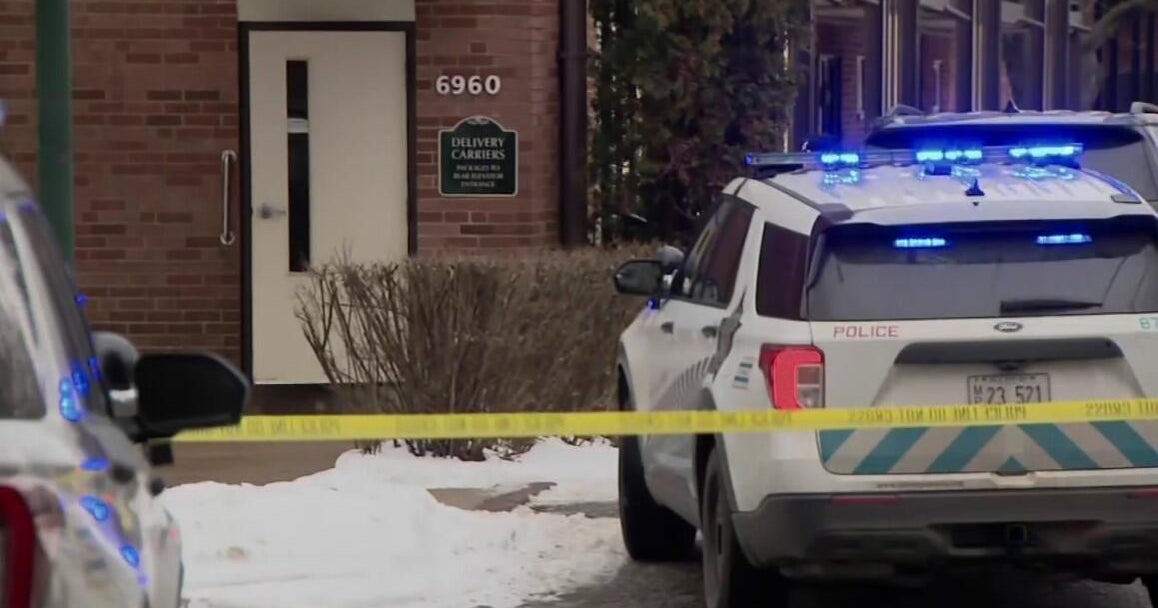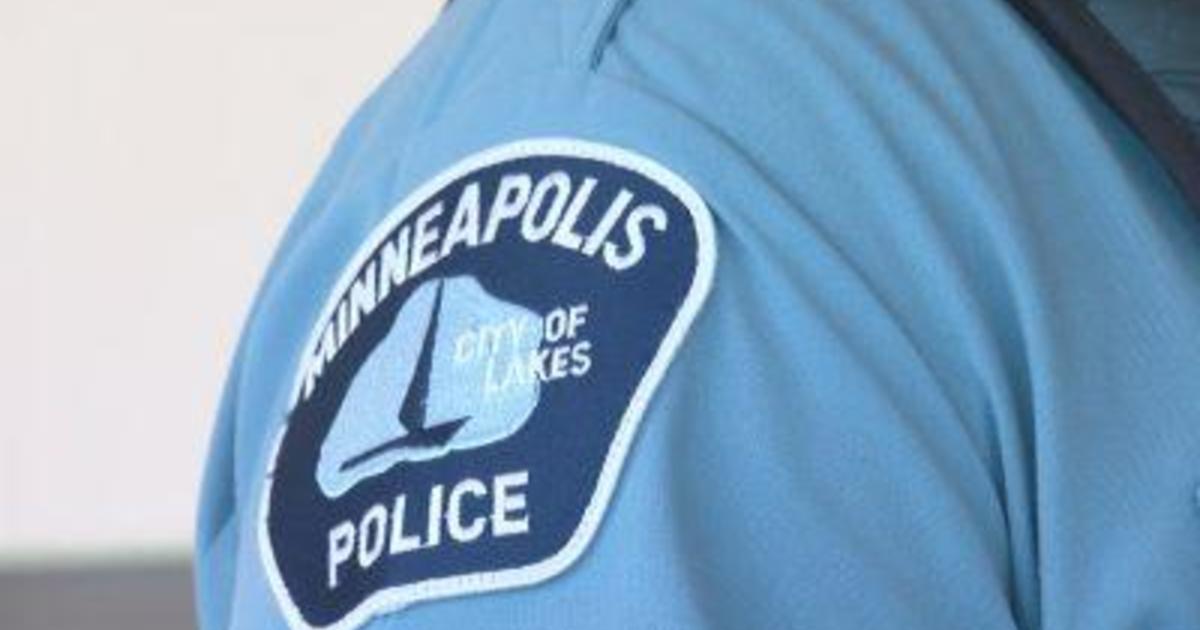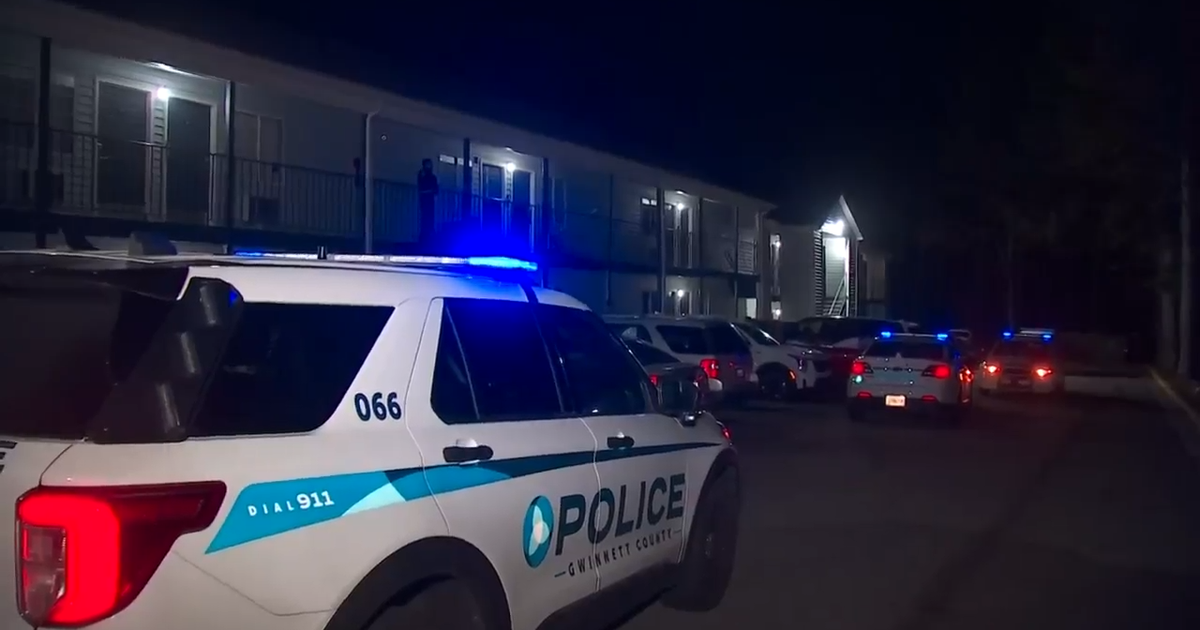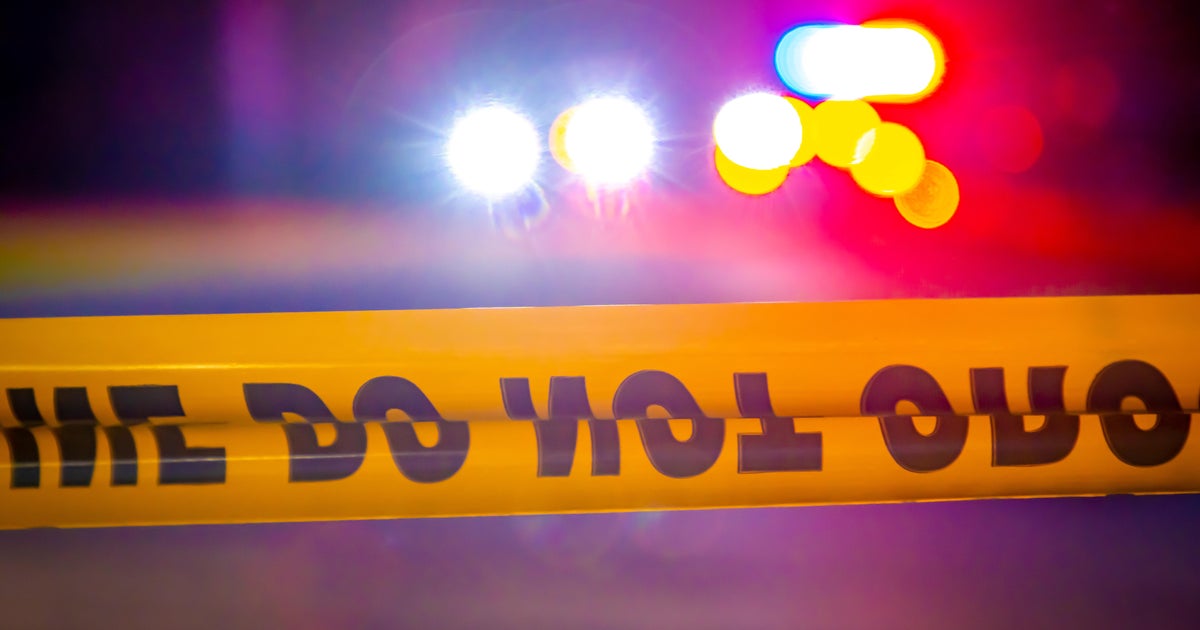Chicago course aims to give caregivers tools to help survivors of violence and themselves
CHICAGO (CBS) – Last year, Chicago police responded to nearly 3,000 shootings.
Many of those victims did not survive, but for many of those who did, it was a life-altering experience. For every survivor, there's a caregiver, or two or three, whose lives are forever changed as well.
CBS 2 Investigator Megan Hickey dug into why caring for caregivers could help solve the city's epidemic of violence.
Michael Johnson is an ex-con, turned poet.
"I sought the truth, but I did not know the truth was the light," said Johnson, a violence recovery specialist.
Timothy Plackett is a lieutenant colonel and surgeon with six deployments under his belt.
"On the deployments, most of the injuries were gunshot victims or IED blasts," said Plackett, a trauma surgeon at the University of Chicago.
Terrell Odom is a South Side native and U.S Navy veteran who is trying to help his community.
"We have to stop the bleeding first before we can look at addressing the problem," said Odom, director of the Office for Military-Affiliated Communities.
Dr. Priya Prakash is a trauma surgeon saving lives every day at the University of Chicago's Trauma Center.
"The last thing I want to hear is why a patient came to me, because a lot of that is conjecture," said Prakash.
Alexandria Barikian and Nathaniel DeCarli are two courageous Army nurses.
"My goal is to work as quickly and efficiently as possible to get that patient stabilized and then get them where they need to go," said Barikian.
"We think about penetrating trauma, we think about blood, we think about all of these things, but we don't think about the long term," said DeCarli.
They all come from different corners of the country, have different backgrounds with uniquely different experiences. But they have one thing in common, whether they know it or not.
"I think most of the caregivers don't realize they're a caregiver," Plackett said. "It's not the title they use. They just see it as 'I'm taking care of my family member.'"
Prakash added, "It hadn't clicked with me that I was a caregiver."
While that might seem obvious that these surgeons would be considered caregivers, Johnson's caregiver journey was a bit different.
"The first time I was in prison, it was for a bank robbery," Johnson said. "I had two brothers who committed suicide and mother who died an addict and in 2018, my cousin was shot."
He experienced plenty of suffering before he ever ended up in the University of Chicago's Trauma Department. His cousin sustained an ultimately fatal gunshot wound, and Johnson took care of him for months in the hospital.
"There were family members that were hostile to the caregivers and I just found myself stepping in to try to calm the situation down," Johnson said. "And before I knew it, I was all over the ICU unit in and out of rooms just you know helping wherever I could and I believe it was the nurse that took notice.
"She said, 'You don't work here?' I said 'No.'
The nurse asked him, "So why were you helping those people?"
Johnson replied, "Because we're all human beings and that's what we're supposed to do."
And because of that, Johnson landed a job as a violence recovery specialist. Helping victims, and their caregivers, through the pervasive saves trauma caused by Chicago's gun violence.
Hickey: "Do you think that caregivers are forgotten sometimes?"
Johnson: "Yeah, often."
That is why he and an army of others are taking part in a brand-new course starting June 11 to take a look at how caregivers can aid others and themselves. The free course will be taught at Malcolm X College by faculty at the University of Chicago and City Colleges of Chicago.
One of the participants already lined up is Leo, the high-fidelity training mannequin, which is one of several at Malcolm X College's simulation lab.
"This is exactly what you're going to have to do. The tubing will come off," explained Dr. Kathleen Fisher, manager of Malcolm X College's simulation education program. "Then you can put the wound on like this and tape it in the corner like that."
The course will help instruct new caregivers on how to take care of their loved ones, their physical wounds, administer their medication, or do something as simple as getting them in and out of bed.
It's a new challenge from the moment they're sent home to start their lives in what is sometimes a new normal for the patients and their loved ones, but the course doesn't stop there.
Odom, the Navy veteran, is at the helm of the whole project.
"So think, there are tons of people who are surviving these situations," said Odom. "And then they're put back into a situation with a family member or friend who doesn't have that understanding of how to care for them."
He came back from active duty with the Navy to two parents in need of critical care, and had no idea what he was doing or the toll it would take on him emotionally.
"So how do you better care for yourself?" Odom said. "I wish someone had told me years ago when I was dealing with my parents, 'Terrell take some time off.'"
And members of the military will tell you there's a disparity between the support network veterans are met with, and the civilian patients with gunshot wounds being discharged from the hospital.
UChicago's Level 1 Trauma Center has only been open for five years and in that time, they've cared for more than 18,000 patients. About 40% were what are known as penetrating injuries – gunshot wounds and stabbings.
Plackett, the lieutenant colonel and active-duty army surgeon, has worked in these trauma bays since 2021.
"If you're injured in combat, we have an entire VA system that's built to help you and take care of you," he said. "And you know, we put a ton of resources into that, but if you're a civilian and you have a very similar injury, there are services out there but it's not as proactive at reaching out to you and so we need to do more to try to help plug people into these while also building a more comprehensive system."
That's despite the fact that one recent study found that young men in some Chicago zip codes are more likely to be shot and killed than American soldiers were in Afghanistan or Iraq.
Hickey: "Do you think about what happens when they go home?"
DeCarli, Army nurse: "Yes, constantly. So I think the purpose of this program is, OK, you have the motivation there. We have somebody who wants to help this person continue to improve and regain function. Let's provide them with all the tools available."
The resources for caregivers exist, but need highlighting, said Army Capt. Alexandria Barikian, an ER nurse at UChicago.
Hickey: "Why do you think that a caregivers course like this, particularly in Chicago is necessary?"
Barikian: "I think that's half the battle is understanding what resources you have available to you. If you don't know that those resources are available, then you're not going to utilize them."
That's because ending the cycle of violence starts with healing everyone connected to the trauma.
"It's not about fighting a war against a community," Dr. Prakash said. "It's about trying to provide a community with the appropriate resources they need to actually live a full life that's safe from injury and violence."
The Chicago Caregivers Course is a four-week comprehensive course and it's not too late to sign up.
It starts on Monday, June 11.
The Chicago Caregivers Course is presented in partnership with the City Colleges of Chicago, the Elizabeth Dole Foundation, the Gary Sinise Foundation, the University of Chicago's Office for Military-Affiliated Communities, the Office of Civic Engagement, the UChicago Trauma Center, and the Crown Family School of Social Work, Policy, and Practice
Those interested in the course can send an email to veterans@uchicago.edu or call City Colleges of Chicago at 773-COLLEGE.


